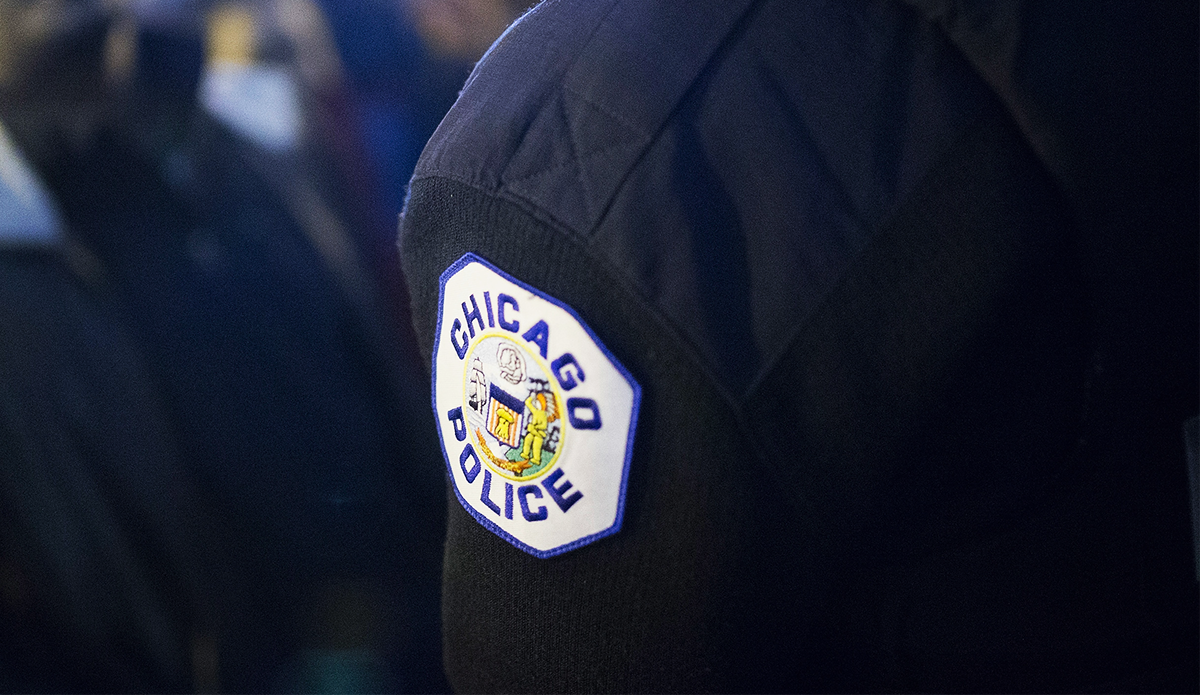Though infant formula shortages are hitting the U.S. and worsening nationwide, a Chicago doctor warned parents to stop making homemade formulas.
"Right now, we are strongly recommending against mixing or making any formula...at home," said Dr. Rosibelle Arcia-Diaz, physician at Cook County Health.
Professionally-made formulas are created through a specialized process that contains specific proteins, electrolytes and other ingredients necessary for an infant's nutrition, according to Arcia-Diaz.
"Once you start doing something on your own, you won't be able to really create that same specialized type of nutrition," Arcia-Diaz said. "Most definitely it's something we're not recommending. It can have a lot of consequences."
Feeling out of the loop? We'll catch you up on the Chicago news you need to know. Sign up for the weekly Chicago Catch-Up newsletter here.
She said parents should speak to their physicians about the best options for formulas, should Illinois retailers run low on specialized products.
Along with attempting to create homemade baby formulas, some parents have asked whether or not infants can safely consume other types of milk, such as soy or almond.
According to Chicago doctors, other forms of milk do not provide the necessary nutrients for infant-age children and could cause allergic reactions.
Local
"We have very specific recommendations for nutrition for children under the age of 1," Arcia-Diaz said. "So, all children under age 1 should be on a formula or breast milk."
Analysis from Datasembly, a retail data firm, found that 31% of baby formula products were out of stock nationwide in early April, with seven states — Connecticut, Delaware, Montana, New Jersey, Rhode Island, Texas and Washington — seeing out-of-stock rates at over 40%.
The shortage was prompted in part by the shutdown of a major formula production facility owned by Chicago-based Abbott Labs in Sturgis, Michigan. The shutdown, in turn, was the result of a federal investigation into reports of contaminated Similac, Alimentum and EleCare products there that may have contributed to the deaths of infants.
Abbott, one of the country’s largest infant formula makers, said in a blog post published April 15 that it was working to increase production at its other facilities. And other manufacturers said production is at full capacity, but they are unable to keep up with current demand.
“Inflation, supply chain shortages, and product recalls have brought an unprecedented amount of volatility for baby formula,” Datasembly founder and CEO Ben Reich said in a news release. "We expect to continue to see the baby formula category being dramatically affected by these conditions."
Arcia-Diaz warned, however, that families should not hoard formula at this time, noting that health officials do not recommend stocking up on the product for more than 10-14 days.
For parents nervous about running out of formula, Arcia-Diaz said it's encouraged to buy two different brands of the same formula, then alternate for the baby to get used to the new brand.
So how much formula can you buy at one time? It depends on the retailer.
Deerfield-based Walgreens said customers will be limited to three baby formula products per purchase both in store and online, according to a statement to NBC News.
"Due to increased demand and various supplier challenges, infant and toddler formulas are seeing constraint across the country," Walgreens said in a statement.
"Similar to other retailers, we put into effect purchase limits of three per transaction on all infant and toddler formula to help improve inventory. We continue to work diligently with our supplier partners to best meet customer demands."
At CVS, customers can also purchase only three baby formula products per purchase in-person and online.
The New York Times reported that Target is also imposing purchase limitations on baby formulas, but only for online sales. Online, customers are limited to four products per purchase.
In store, there are no limits.
For parents desperate to secure a regular supply of baby formula for their children, and are having difficulty obtaining a single can, the Infant Nutrition Council of America advises that they contact their local food pantries, churches, shelters and hospital emergency rooms as they may provide small amounts of infant formula in emergency situations.
Parents can also contact Feeding America or dial 2-1-1 to be connected to a community resource specialist who can help you find local resources.
Here's what some other experts recommend and warn of:
- Do not try to "water down" formula. Dr. Katie Lockwood, a pediatrician at Children’s Hospital of Philadelphia, told "TODAY" that baby formula is complex mix of "water and nutrients," and "having too much extra water can be very dangerous to some children’s brains — and having too little water can be dangerous."
- If you're running low or have concerns, call your pediatrician's office. They often have samples you can use, or can share other resources that may help.



